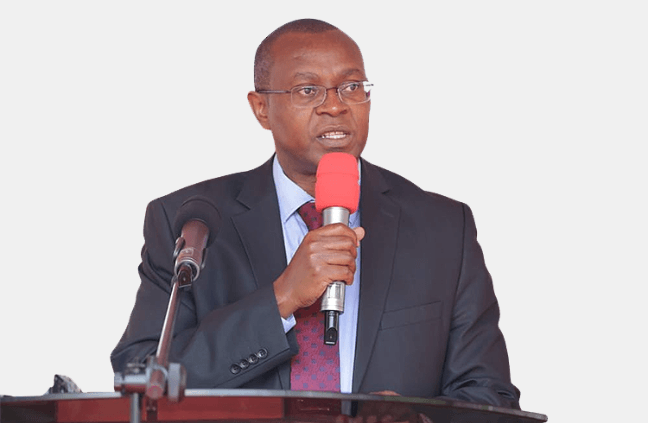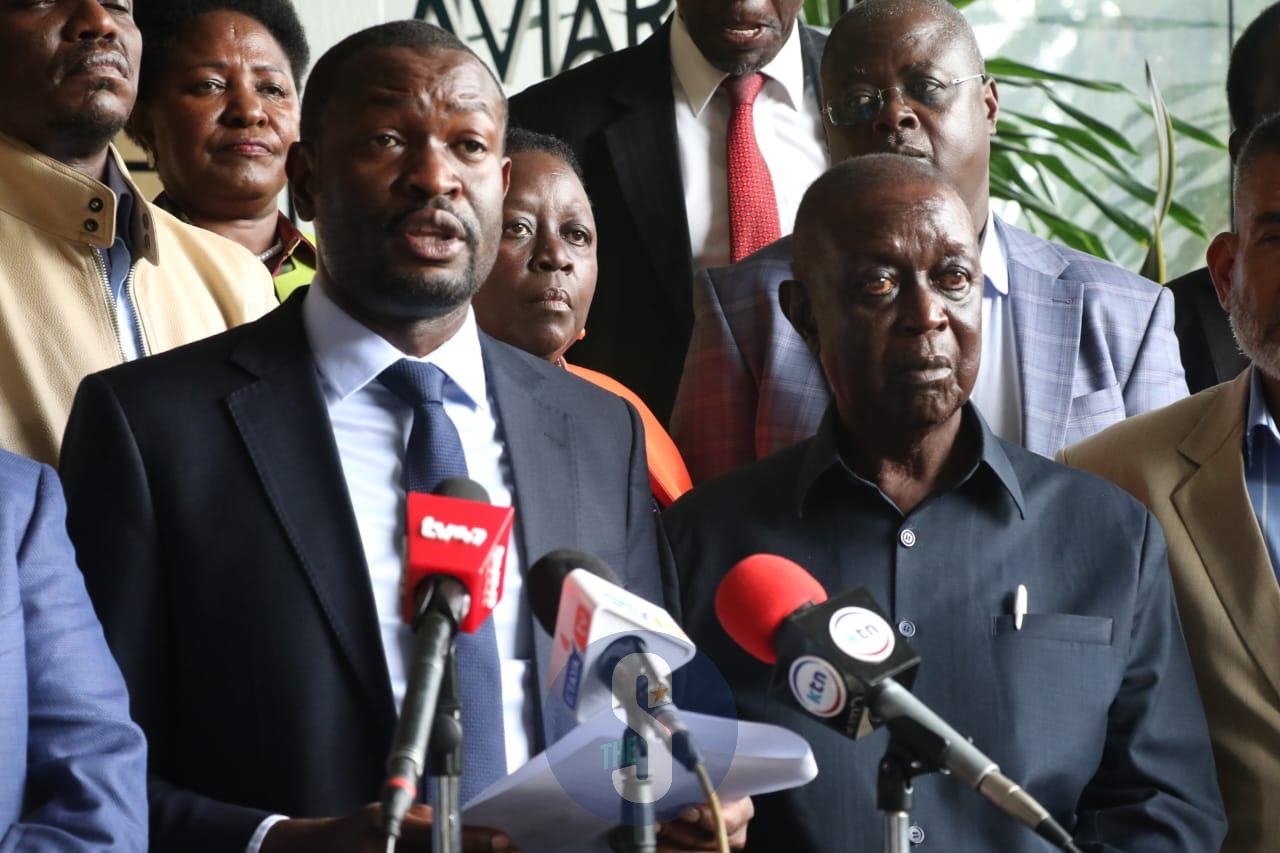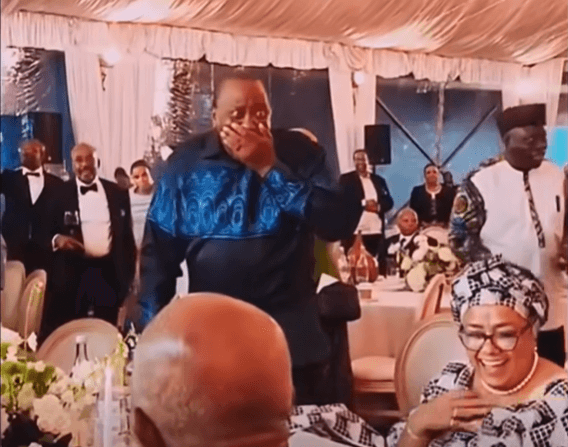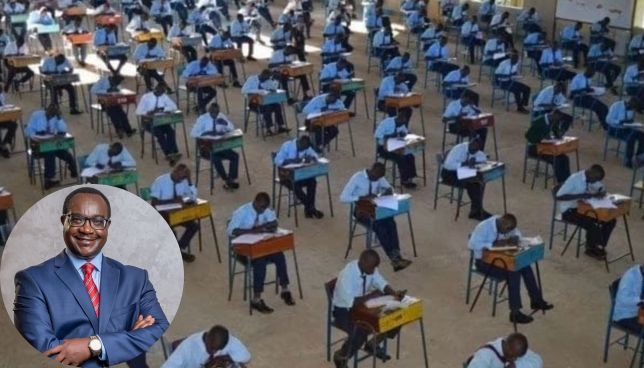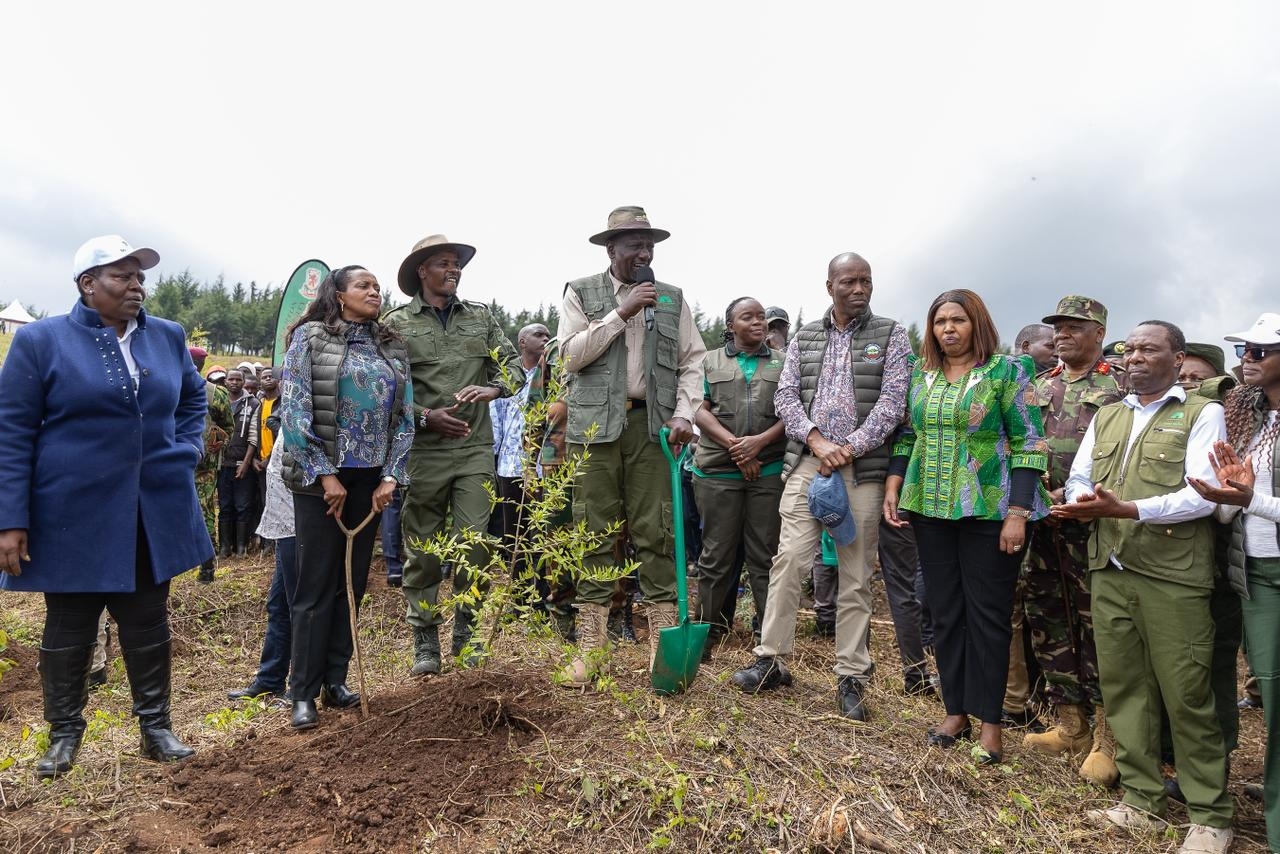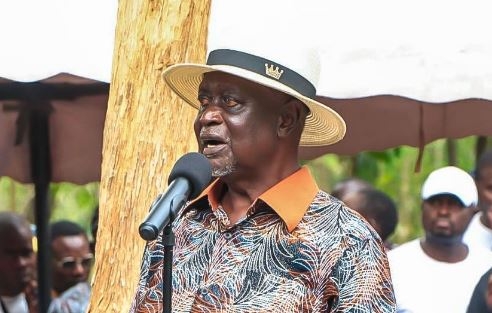Fear that outside forces may infiltrate the committee to recommend the suspension of Meru County forced senators to go the plenary way in the trial of Governor Kawira Mwangaza.
Some politicians, including some from Meru County, have called for the dissolution of the devolved unit by President William Ruto to allow a snap election following Mwagaza’s ouster by MCAs.
The embattled governor will face the whole House on September 13.
The law allows a governor to be tried by a select committee of 11 senators or the whole House-otherwise known as the plenary.
While impeachment of the governor does not affect other elective seats, suspension of a county would usher in a snap election for both the governor and MCAs.
Senators on Wednesday rejected a proposal by the House Business Committee to establish an 11-member committee to hear impeachment charges against Mwangaza.
The House Business Committee (HBC) chaired by speaker Amason Kingi had proposed to the house that the trial of Mwangaza goes the committee's way.
However, the majority of senators opposed the proposal and voted to reject the motion tabled by Majority Whip Bonny Khalwale(Kakamega) saying the plenary way would be all-inclusive.
Those who supported the plenary way argued that the plenary would give all senators an opportunity to participate in the impeachment process and give the people of Meru a transparent process.
A committee outcome that absolves the governor of all the charges does not allow the plenary to debate the matter any further as the motion dies there.
However, if the committee confirms any charges, then the House is given an opportunity to take the final vote on the impeachment motion.
Senators who supported the committee way argued that the panel would have an opportunity to find a lasting solution to the matter including even proposing for the suspension of Meru County.
The plenary proponents observed that the Standing Orders do not give the plenary trial leeway to prepare a report including proposing the dissolution of a county government.
Such powers, they argued, are vested in a committee.
Migori Senator Eddy Oketch, who had proposed to sit in the committee to try Mwangaza, backed the committee route terming it the best way to find a lasting solution.
“We must go the committee way so that we can interrogate these matters not just to decide on whether to impeach or not, but to make proposals which can have a lasting decision for Meru,’’ he said.
Vihiga senator Godfrey Osotsi argued that the House goes the committee way as the route gives the House a broad-based approach that will look at other serious issues facing Meru County.
“In the committee way, the committee goes beyond the impeachment, the Meru situation is a serious problem that requires serious thinking,’’ Osotsi said.
“There may be instances where we may need to look at suspending this county and send everyone home or not and that can only be acted by a committee because our standing orders do not allow the plenary to send a report to the president so that he can act on it.’’
Osotsi said the committee route is the most effective route as it will allow Senators an opportunity to deal with “this Meru issue once and for all.’’
However, Isiolo Senator Fatuma Dhulo termed the committee route as limited saying the committee way will give all senators and the people of Meru an opportunity to follow the proceedings.
“This is not just an impeachment it is a serious matter that affects the Meru people, if we go plenary way, Meru people will see what happened with the impeachment of their governor,’’ she said.
“Going the committee way, Meru people may not fully see what happened.’’
Murang’a Senator Joe Nyutu supported the plenary way arguing that the House had in the past proved that it is competent to handle impeachment motions by plenary.
“This House has been able to prove itself that it can impeach or stop an impeachment based on the evidence, the competence or otherwise of the plenary has already been proven,’’ Nyutu said.
“This will be an eye open for senators to see what is happening in the counties, we should give every senator an opportunity to get a feeling on what happens in counties.’’
Bomet Senator Hillary Sigei, who had been presumed to chair the committee, said that he had vouched for the plenary for the interest of the Meru people.
“I am aware that that I stand a chance to chair the committee but the interests of the Meru people are paramount…I still believe that the best to serve the people of Meru is to have the plenary deal with this issue,’’ he said.
Nominated Senator Karen Nyamu who had been proposed to sit in the committee to probe Mwangaza said the committee would have been the best route to thoroughly probe the charges.
“There is no route that is superior to the other, but going by the mood of the House, I support the plenary way,’’ she said.



